|
by Katja Swift of the CommonWealth Center for Holistic Herbalism 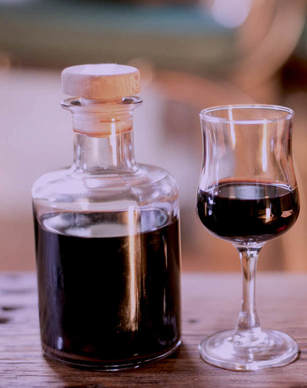 This time of year can be both so fun, and so stressful. We might feel really excited about gifts for loved ones, and seeing friends, and celebrations -- but there's also the stress of the hustle and bustle, and the sometimes complicated emotions that can go along with complicated family relationships. Fortunately, there's a sweet herbal remedy for both of those things! Elixirs are a blend of something sweet plus a tincture. You can use any sweet thing, be it a plain simple sugar syrup, maple syrup, honey, or glycerin -- but my favorite is herbal infused honey. They're easy to make, they're easy to keep with you on the go, and they even make great gifts -- you can make one big batch and presto! You've got a gift everyone will love, and an ally to lean on when you're feeling stressed! To make an elixir, you'll first need to choose the herbs you want to work with. You can choose any of your favorites -- nearly any herb goes well with a bit of honey! -- but here are some suggestions:
Once you've chosen a formula, you need to figure out which is the tincture part, and which is the honey part. This is pretty easy, especially this time of year, because in order to make infused honey, you must use fresh herbs -- honey won't extract dry herbs. But Sage, Tarragon, Ginger root, and Basil are easy to get your hands on at your local health food store, and you will probably find others there to choose from as well. To make an infused honey, just fill a jar at least half full with the fresh herb of your choice. (If you choose Ginger or other roots, make sure to chop them up or slice them first.) Pour honey in to cover them, and put the lid on. Now just wait for one to two weeks - you'll see the plant matter sort of wilt in the honey, and you'll notice that the honey becomes thinner - that's because it's absorbing the water from the plants, and all the goodness that comes with it. When you remove the herbs from the honey, you can use them in a cup of tea - anything left in them will come out in the tea water, plus the honey still clinging to them will sweeten your drink! Next, you'll need a tincture. It's not cheating to purchase a tincture ready made! And especially because tincturing usually takes a month, you might need your tincture to be ready faster than that. No problem! Check out the Herbstalk vendors list for some great product makers, or order it from Mountain Rose or HerbPharm -- it's totally ok! But if you have the time to make it yourself, it's easy: just fill a jar with the dry or fresh herb you want to tincture, and then pour in enough vodka or brandy to completely cover the herb. Cover it, and shake it once or twice a day for a month - presto! A tincture! You can get fancy and use rum if you prefer, especially if you're going for heavier flavors like Cardamom or Cinnamon - really any 80 proof alcohol will do! But vodka is flavor-neutral, so it's usually our standard: that way you all the plant flavor comes through. If you prefer not to work with alcohol, you can tincture in vinegar instead. (When you blend vinegar and honey together, it's not called an elixir anymore, it's called an oxymel, which is also fun to say!) Once you have your infused honey and your tincture(s), the last step is to simply mix them together! I like to put in equal parts alcohol and honey, but if that is too sweet for your taste, you can use less honey. So if, for example, you have a tincture of Chamomile, a tincture of Tulsi, and a Sage infused honey, you could put in 50% honey, 25% Chamomile, and 25% Tulsi. Or go crazy and put 33% of each one! The beauty of herbalism is that there's plenty of room for experimentation. And if that feels a little too free-form, don't worry - there's an app for that! We teach herbalism online by video, so that you can learn when it's convenient for you. The Herbalism 101 bundle includes videos covering more than 85 different herbs close-up and in-depth, as well as step-by-step instructions showing you how to make all the different kinds of herbal products and remedies. You can watch it anytime, on any device connected to the internet - you can even watch it in your kitchen while you make your herbal goodies right along with us! And there are weekly live Q&A sessions where you can ask us all your herby questions, plus a discussion thread you can type your questions into next to every video. Happy elixir creating! 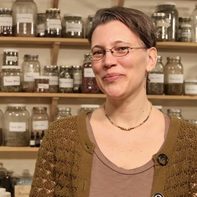 Katja Swift has been teaching herbalism and practicing as a clinical herbalist since 1996. In 2011, she and her husband Ryn Midura founded the CommonWealth Center for Holistic Herbalism, a vitalist school with a three-year clinical training program. In addition to this program, they offer a one-year community herbalist program and community classes and workshops. Katja serves as adjunct faculty at MCPHS University and Northeastern University, and is also trained as a street medic and Wilderness First Responder. Learn more about her work and online herbal classes here. Comments are closed.
|
Archives
November 2023
Categories
All
|
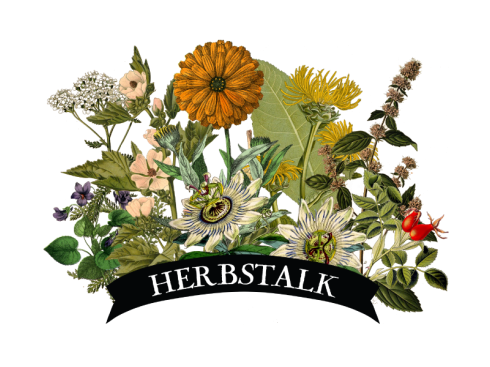
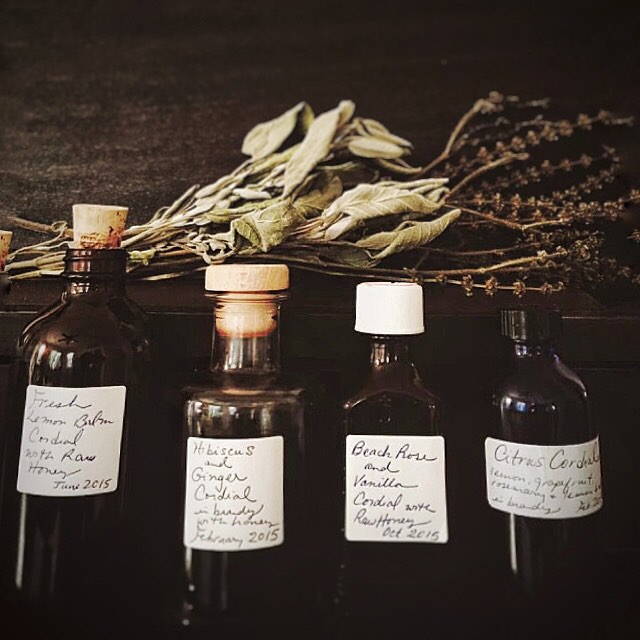
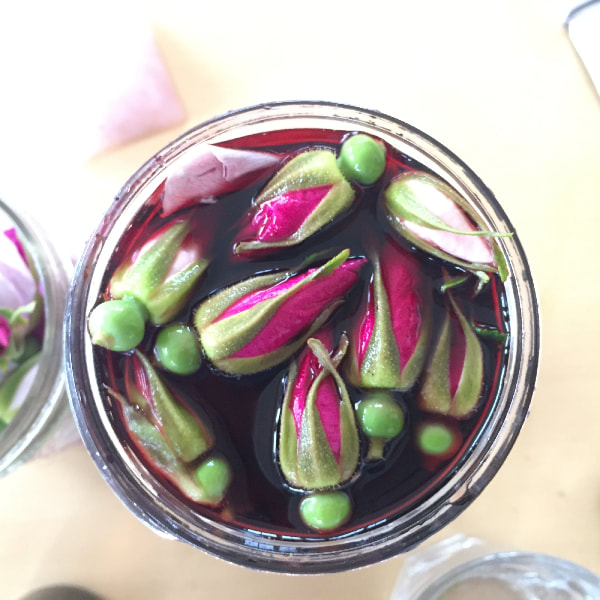

 RSS Feed
RSS Feed